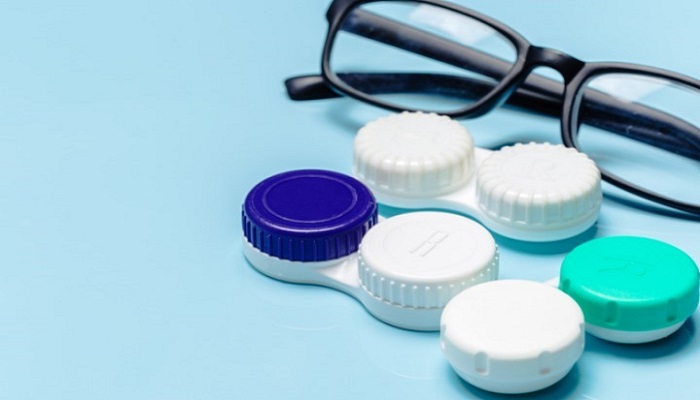Contact lenses offer a convenient and versatile alternative to traditional eyeglasses, allowing users to enjoy a wide range of activities without the inconvenience of glasses. However, the safety and proper maintenance of contact lenses are critical to preventing eye infections and ensuring the health of your eyes. In this comprehensive guide, we’ll explore essential tips for contact lens safety and maintenance.
Understanding Contact Lens Safety
The Importance of a Proper Fit
Your journey with contact lenses starts with a professional fitting by an eye care specialist. A proper fit not only ensures comfort but also reduces the risk of complications such as corneal abrasions or infections. Remember, a lens that fits your eye correctly helps maintain eye health and vision clarity.
Following Prescribed Wear and Replacement Schedules
Different types of contact lenses have specific wear and replacement schedules. Whether you use daily, bi-weekly, or monthly lenses, adhering to the recommended schedule is crucial. Overwearing lenses can lead to eye discomfort, reduced lens performance, and increased risk of eye infections.
Essential Maintenance Tips for Contact Lenses
Regular Cleaning and Disinfection
Proper lens cleaning and disinfection are non-negotiable practices for contact lens wearers. Use only the recommended lens care solutions and avoid water or saliva as substitutes. Rubbing and rinsing your lenses as advised by your eye care provider can significantly reduce the risk of infection.
Storage and Handling
Always wash your hands thoroughly with soap and water before touching your contact lenses. Store lenses in a clean lens case filled with fresh disinfecting solution and replace your lens case every three months to prevent contamination.
Common Mistakes to Avoid
Sleeping in Contact Lenses
Unless prescribed by your eye care professional, avoid sleeping in your contact lenses. Sleeping in lenses not designed for overnight wear can obstruct oxygen flow to your corneas, increasing the risk of corneal infections.
Using Expired or Damaged Lenses
Expired contact lenses or lenses with visible damage can harm your eyes. Always inspect your lenses before wearing them and replace them as per the recommended schedule or if you notice any damage.
Ignoring Eye Discomfort
Any discomfort, redness, or vision changes while wearing contact lenses should be taken seriously. Remove your lenses and consult your eye care professional to avoid serious eye health issues.
Advanced Tips for Contact Lens Care
Dealing with Dry Eyes
Contact lens wearers often experience dry eyes. Using lubricating eye drops approved for use with contact lenses can alleviate discomfort. Additionally, ensure you stay hydrated and take breaks during prolonged screen time to reduce dryness.
Traveling with Contact Lenses
When traveling, carry a backup pair of lenses and your glasses. Keep a small bottle of solution and a lens case handy and remember to adhere to airline regulations regarding liquids if flying.
The Role of Diet and Hydration in Eye Health
A balanced diet rich in vitamins and omega-3 fatty acids can support eye health and potentially improve the comfort of contact lens wearers. Staying hydrated is equally important, as dehydration can contribute to dry eyes.
Conclusion
Adopting these safety and maintenance tips will help you enjoy the benefits of contact lenses while minimizing the risk of eye problems. Regular check-ups with your eye care professional are essential to ensure your lenses are still suitable for your eyes and to maintain overall eye health. Remember, taking proper care of your contact lenses is a crucial step in protecting your vision.


















